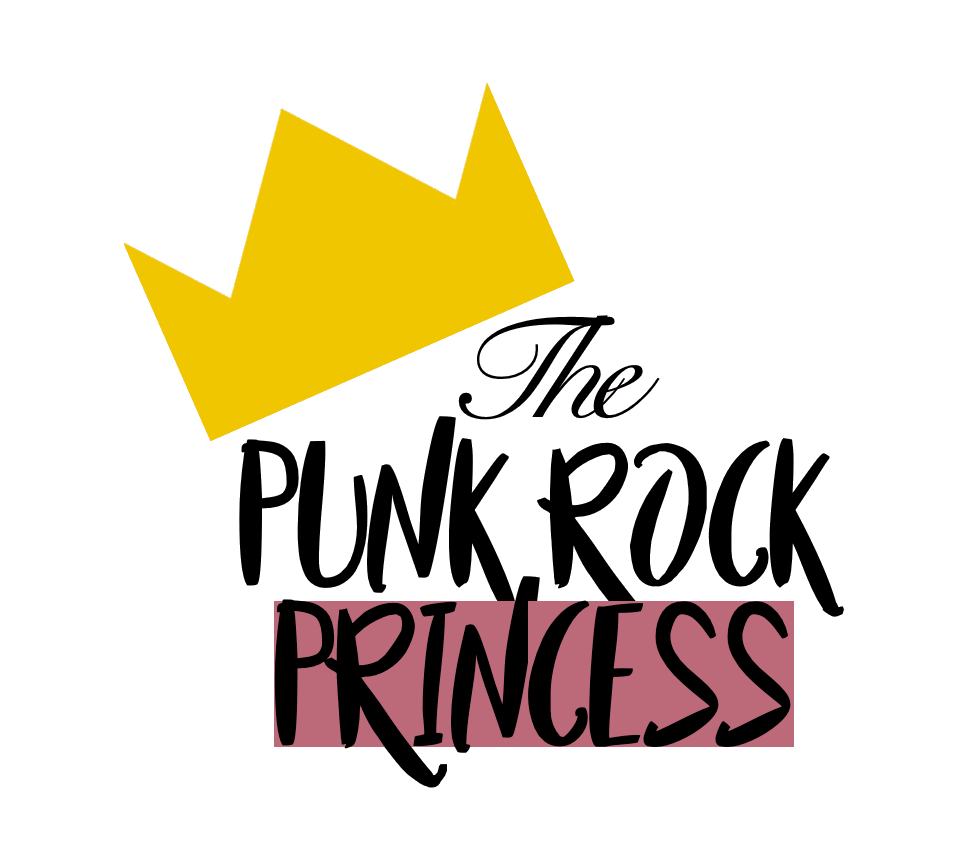Life is never a straight road. There are twists, bumps, and sometimes painful detours that test our strength. While the highs of life bring joy, the lows often leave us struggling with grief, confusion, or regret. If you want to move on with peace of mind, learning to seek closure is one of the most important skills you can develop.
Closure doesn’t mean forgetting the past or pretending it didn’t happen. Instead, it’s about making sense of difficult experiences, accepting what you cannot change, and choosing to carry on without being weighed down by emotional baggage. Here are some of the most common moments in life where finding closure matters most.
Coping with the loss of a loved one
Bereavement is one of the hardest emotional challenges any of us will ever face. Losing a loved one changes your world overnight. You may never stop missing them, but finding closure helps honour their memory without letting grief consume your life.
Closure after loss often comes from creating rituals and acts of remembrance. Hosting a meaningful funeral or memorial service, visiting their resting place, or keeping ashes in a beautiful urn can offer comfort. Small acts of remembrance, such as keeping a photo, lighting a candle, or visiting a favourite place you shared, can also provide healing.
Most importantly, don’t isolate yourself. Grief can feel overwhelming, but connecting with friends, family, or even support groups reminds you that you are not alone. Seeking closure here isn’t about moving on from your loved one; it’s about learning to carry them with you in a new way.
Recovering from an injury or illness
When health issues strike unexpectedly, they don’t just affect your body—they disrupt your entire life. A serious injury can stop you working, alter your social life, and create feelings of frustration and helplessness.
To find closure after an injury, you may need both physical and emotional recovery plans. Medical treatment, physiotherapy, and lifestyle adjustments all play their part. But financial stress can often make the situation worse, especially if the injury wasn’t your fault. In those cases, seeking legal advice or compensation can help you regain control.
Closure here doesn’t mean ignoring your limitations; it means learning to adapt and create a fulfilling life within them. Many people discover new hobbies, passions, and perspectives during recovery that enrich their lives in unexpected ways.
Healing after a relationship ends
Heartbreak can feel like the world has stopped turning. Whether it’s the end of a long-term relationship or the breakdown of something new, moving on is never easy. But in reality, closure is often what allows you to heal and eventually open your heart again.
One of the first steps is reframing the breakup. Instead of only dwelling on the loss, remind yourself of why it ended—different values, toxic patterns, or simply growing apart. These reflections provide the clarity you need to understand that the end was necessary, even if it still hurts.
Closure may also come from small acts: returning belongings, unfollowing on social media, or writing down your feelings in a journal. Over time, you’ll stop focusing on what was lost and start remembering the positives, not with pain but with acceptance.
Letting go of a career dream
For many, careers are more than just jobs—they’re tied to identity and self-worth. So when you realise your dream job isn’t possible or that you need to change directions, it can feel like failure. But this is precisely when seeking closure matters.

Instead of holding on to a career path that no longer serves you, closure allows you to explore new opportunities. The job market has shifted dramatically in recent years, and many people are discovering fulfilling roles they never considered before. Recruitment experts, career coaches, or even online learning platforms can help you find a fresh direction that matches your skills and passions.
Closure here doesn’t mean giving up. It means recognising that life sometimes calls for a different route—and that new path could turn out to be even better than the one you imagined.
Why closure matters
In each of these situations, grief, injury, heartbreak, or career change, closure acts as a turning point. It transforms pain into perspective, allowing you to move forward without being stuck in the past. Closure isn’t instant. It’s a process of acceptance, self-reflection, and often, patience.
If you’re struggling, remember that seeking closure doesn’t have to be a solo journey. Therapy, counselling, and talking openly with people you trust can make a huge difference. Life’s difficult moments will always leave a mark, but closure ensures they don’t define you.















